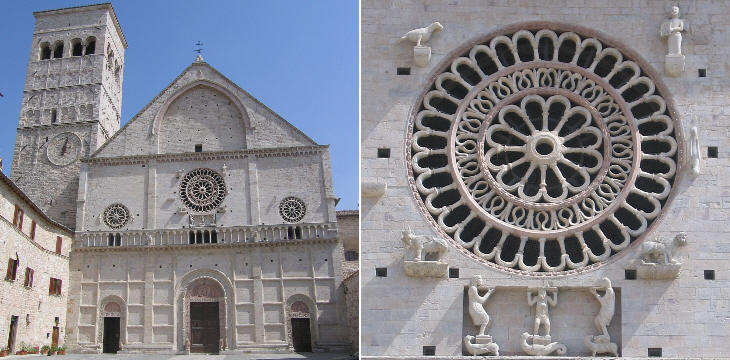
Attempting a pompous portrayal of being in the power of the spirit, Pietro guided Ricco, the squire of Man Tower, to the cathedral of Saint Rufino. The destination surprised him, a place of worship possessing memories of enigmatic childish grandeur. In all of his years living in Assisi as a street orphan, he never entered the cathedral. His social status prevented such bravado. He dared not to be so bold. To enter would be a direct insult. Standing upon the steps, wonder enveloped.
Talk of the streets informed him the bell tower remained from the original church. Under construction for fifty years, the present church emerged as a magnificent structure. Romanesque at its base, the upper portion presented the most modern of architecture. Trinity in nature, the circular windows amazed Ricco. He could not determine if the windows made him imagine more: great eyes or wondrous flowers. In the name of our Lord Jesus Christ, he studied, contemplated, the façade of the church often as a waif. The immensity of the structure infused smallness, the individuality of being overshadowed, poverty revealing dwarfing inadequacies, while underneath a longing prevailing, a heartbeat amidst admiring. He could never determine a lasting impression, whether the structure was a work of God or solely the efforts of men.
Pillars of an impressively imposing embossed arch separated the three windows, as well as the separate doors situated amongst the Roman grid pattern of stonework below. The central grand window spawned curiosity as the three figures standing upon strange animals perched upon Roman arches, supporting the mystical rose-window, remained mysterious, mythical in nature, ancient legends bellowing. Ricco imagined them to be angels, however the lack of wings and something sinister defining created suspicion. Possibly, for unknown reasons, they were ancient Roman demons—in allegiance with the monstrous animal forms decorating the exterior north and south walls? Nothing definite, lacking knowledge, mysteries dominating, Ricco recalled spending lengthy moment studying the Cathedral. Often he slept near, hidden in alcoves, feeling protected by the close proximity of holiness.
Above the north and south doors, water drinking leopards and peacocks multiplied ambiguities. Lions, guarding the entrance—one devouring a man, the other a ram, intimidated. Under close scrutiny, sweating under a scorching sun as a boy, he studied the four mounted figures cornering the dominant window. It seemed important to figure out what the figures represented. He determined there was a wolf and lamb underneath, while above a crow and a man stood, holding a book open. He followed respected superstition by avoiding talk of the cryptic figures decorating the cathedral, fearing their power if he was to give them life through spoken words. He knew there were men of great learning, yet never would he be one. Ricco’s instinctual fear of the cathedral coincided with his apprehension regarding God. Like snow covered mountain tops, terror ruled his imagination. The vast dimension of the building surpassed everything he knew as a child; the wealth and means necessary to build such a colossus structure inconceivable. The cathedral only deepened the mystery of life. His feeling of smallness, inconsequentiality, expanded.
Pietro led Ricco inside, sensing the youth’s nervousness, realizing how lost the youth was inside the finely decorated cathedral. He guided Ricco after crossing himself with holy water. The ambience of splendor blinded the squire of Man Tower. He could not establish details. Amidst the sacred artistic sophistication, he felt the diminutive nature of his birth. The existence of the cathedral finery exposed him for what he was. He did not belong in the cathedral. It was for men of better birth. The thought of running away, escaping back to the streets, regressing to the familiar, raced through his mind.
“Relax my young friend. I have brought you to the baptism of my son Giovanni. I want you to see how righteous people of God live. We are the people destined to rule Assisi. It is God’s will. Untruths cannot enter here for this is the home of the Eucharist. Demons hold no sway here. If a possessed woman were to enter, you would hear the words: I command you to come out of her. Find yourself a place in the back and witness, make sure you can see clearly. I want you to observe, to witness, to feel in your heart, and then report to your knight everything you see. Your knight is a stubborn man. I think you are more congenial, better able to compassionately perceive truth. Maybe Man Tower has seen too much war—his heart becoming too hardened. He knows not the way of softness and families. You, in the role of a son, can help replace his heart with a natural heart, a soft heart dedicated to assisting the commune in its virtuous endeavors. Both of you are welcome to fight for goodness.”
Pietro parted from Ricco, joining the others, showing attention to his baby son. Pietro immediately took control of matters. Uncomfortable, Ricco made his way amongst the gathered, making his way to the back, closest to the door. Still, he would not lift his eyes to closely examine the cathedral. He did not notice the tall figure of his master lurking within the shadows. Man Tower prowled, following the intrigue involving his squire. Unaware, Ricco focused his eyes downward.
“Go out from him, thou unclean spirit, and make way for the Holy Spirit, the Paraclete. By my hand Francesco is baptized in the name of the Father and of the Son and of the Holy Spirit. This sign do thou, accursed devil, never dare to violate.”
The priest having pronounced the words, submerged Pietro’s son in the baptismal font. The carved stone font majestically presented Satan supporting. The basin holding the baptismal water seemingly crashing from above, crushing Satan beneath it. Fiercely, Satan struggled to throw off the devastating weight, the mammoth burden. Proudly, exuding joy for all to see, Pietro stood next to his wife, a beautiful French woman. Another couple, godparents, received the baby from the priest.
Ricco found himself staring at the baby, tunnel vision occurring as he could see nothing but the peaceful face, suckling in its sleep upon nothing. A smile blossomed. His apprehension disappeared, his countenance dissolving. The infant opened his eyes as the priest held him up naked before all the witnessing, a nontraditional act of no explanation. Captivated, the smile would not leave Ricco’s face. He wanted to make his way to the infant, to hold him, to possess the child in his arms and see that face up close. The baby, crying as he was placed in his mother’s arms, looked about. His face turned toward Ricco. A beam of light shot through a window, shining downward, striking the child, reflecting off his body, it went out, into those witnessing. Ricco knew not where the light came from. None of the others noticed. The light stabbed Ricco in the eye, forcing him to erupt with laughter. Others looked at him, marveling the young man would be so moved by a baptism, the opening of the gates of heaven to a newborn. Ricco got up immediately, making for the exit. An indelible mark made upon his memory. The baptized infant cried out after him.

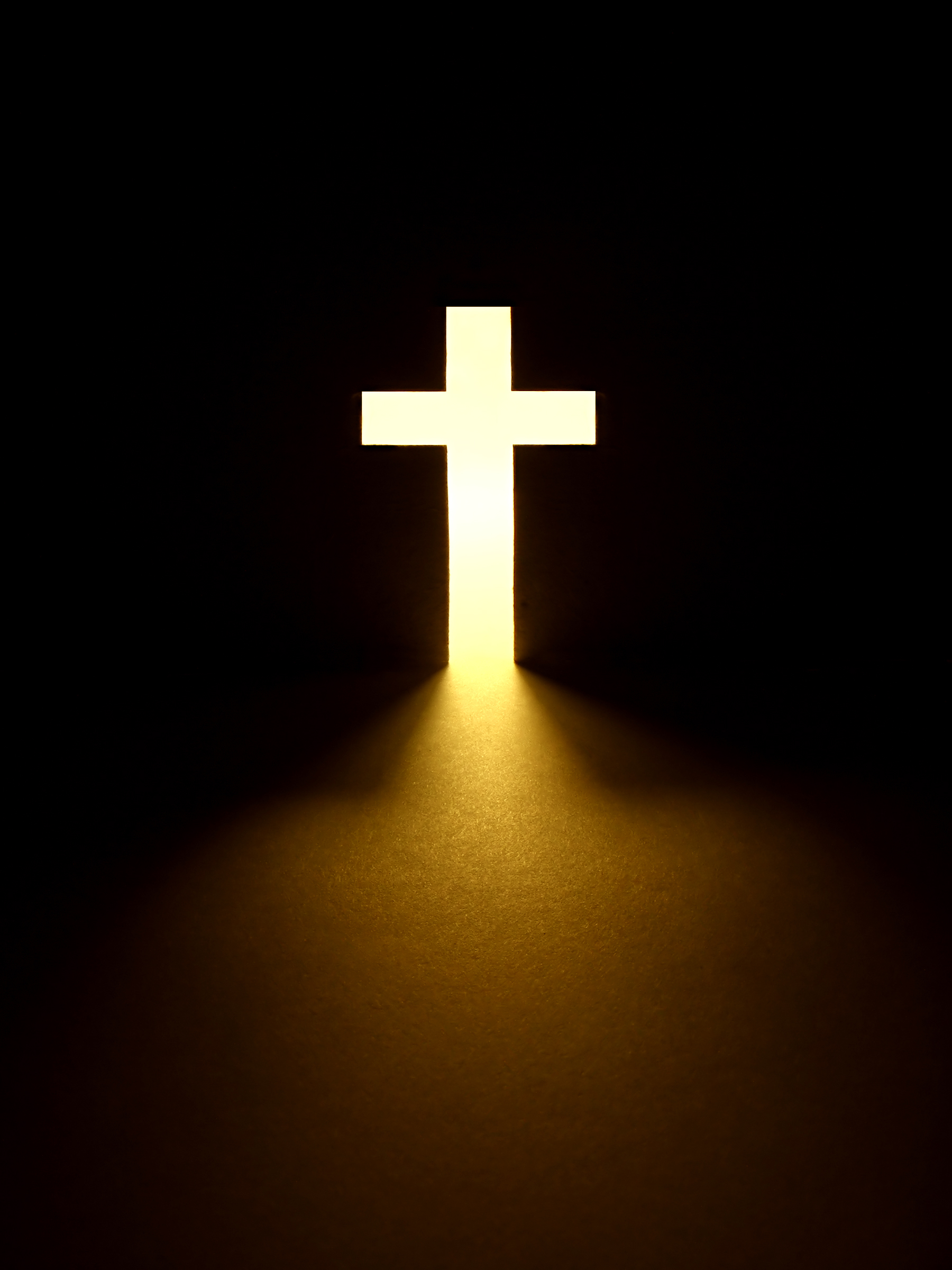

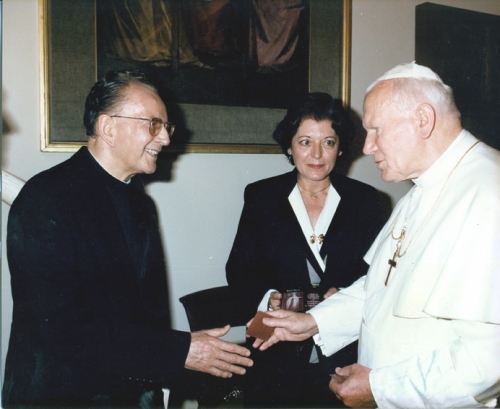

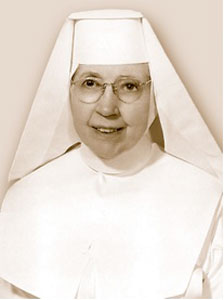
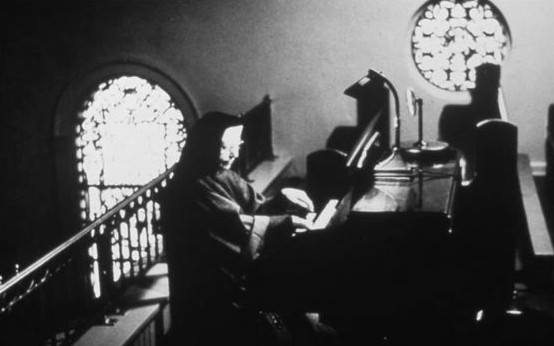
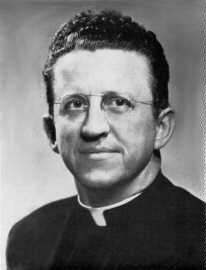

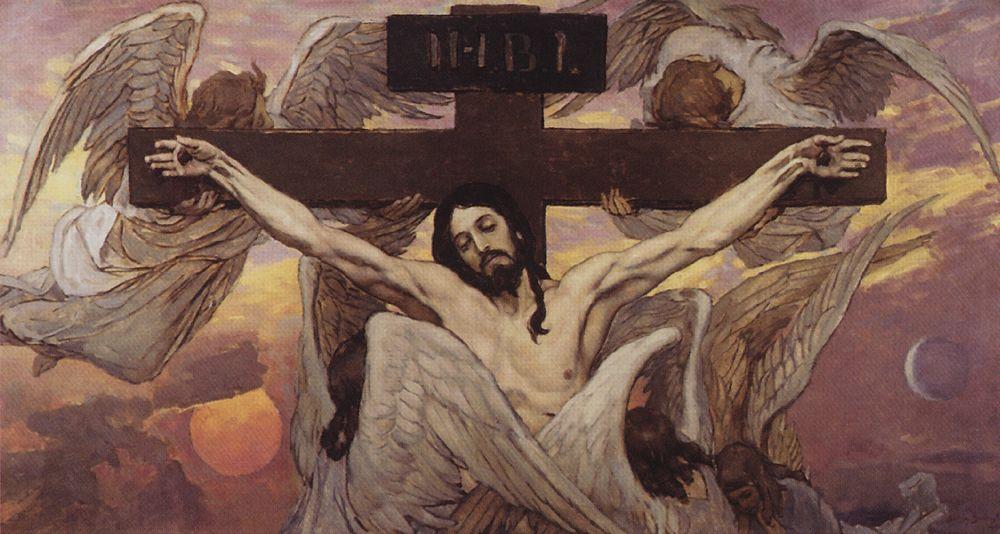
Recent Comments